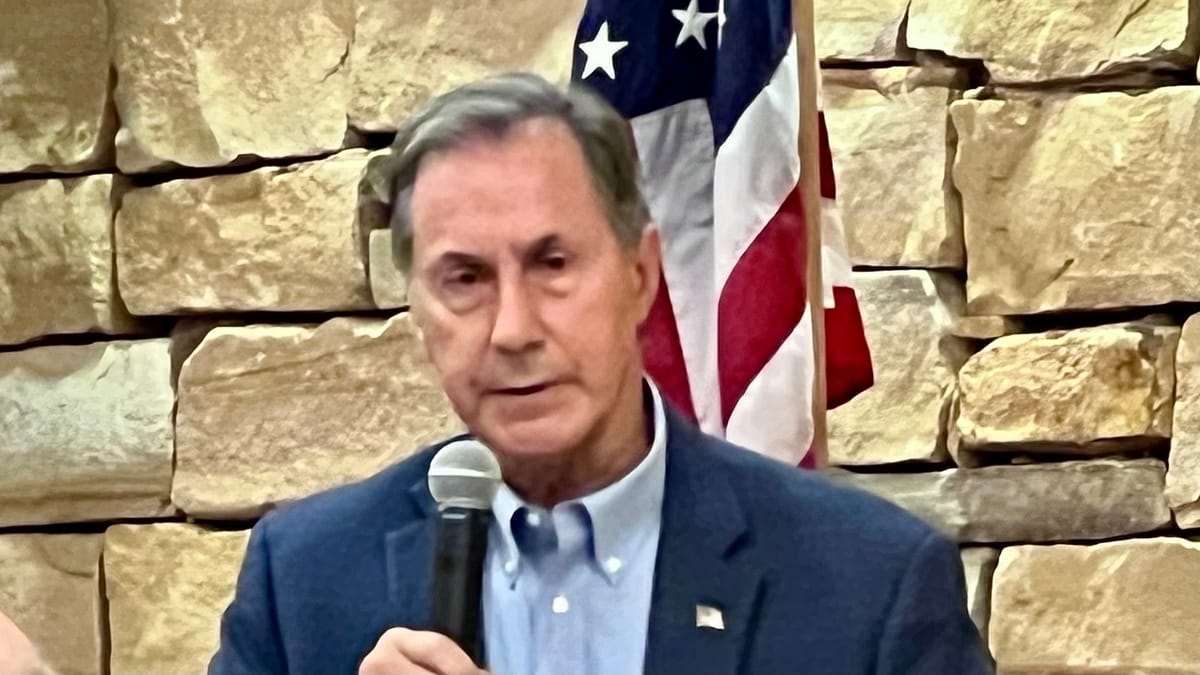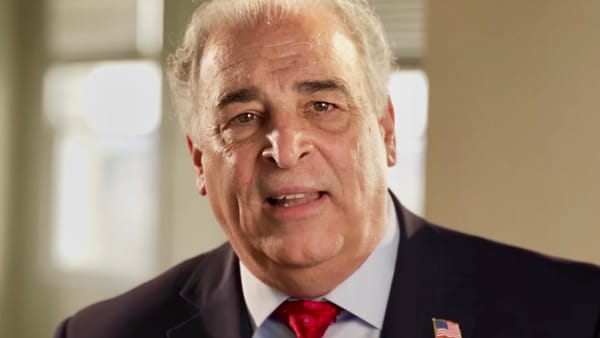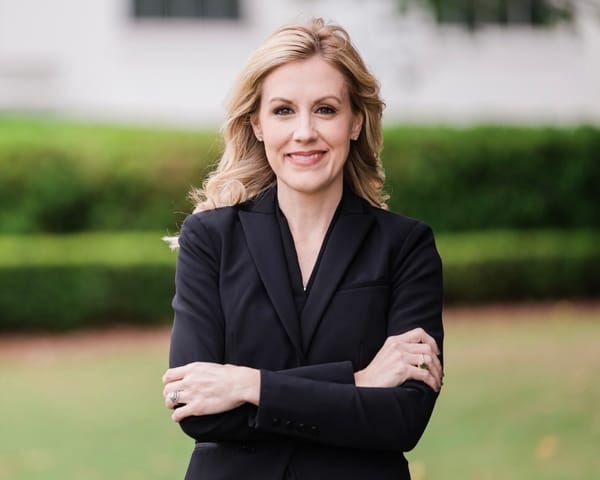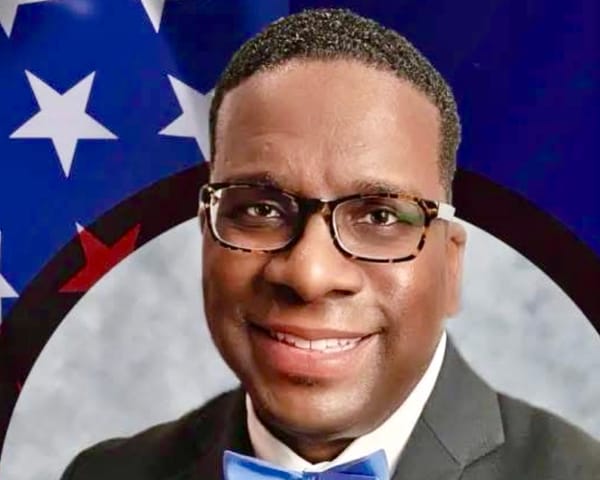Palmer Touts Trump Successes, Energy, Critical Minerals and OBBB at MARC
Brown, Mooney, Stevens delivered local updates

The Mid-Alabama Republican Club (MARC) held its monthly meeting on Saturday, July 12 at the Vestavia Hills Public Library.
Recently-elected Chairman of the Jefferson County GOP Phillip Brown spoke about how he is still getting to know all the members of the County party, and that the future for Jefferson County Republicans is bright.
State Representative Arnold Moody (R-Indian Springs) reported that “Shelby County is alive and well.”
Jefferson County Commissioner Jimmie Stephens reported that he is encouraged by the recent Nippon Steel—U.S. Steel acquisition and what it means in terms of investment in Birmingham and Jefferson County. He also commented on the recently-passed SB330, which changed the composition of the Birmingham Water Works Board (BWWB), saying it allowed the County Commission to begin “pulling back the curtain” on the BWWB.
Saturday’s featured speaker was Congressman Gary Palmer (R-AL6), who commended President Trump’s first months in office. “The pace has been incredible,”
Palmer said. “He’s completely reset policy in the Middle East” by negotiating trade deals across the region and working to end the conflicts between Armenia and Azerbaijan, as well as the Congo and Rwanda.
Palmer, who was recently named Chairman of the Environmental Subcommittee of the House Energy and Commerce Committee, said that “we’re in a really bad place” with our current dependence on China for critical minerals. “Ninety nine percent of what we mine, we ship to China for refining,” Palmer said, then added that he and President Trump have been working to address this issue. They have been taking steps to repeal Biden-era restrictions and use the Defense Production Act to address this dependence.
“We have to start processing and refining critical minerals,” Palmer said, adding “there’s not a single refinery in the Western Hemisphere.” He discussed that the administration is looking towards old, deactivated coal power plants as potential sites for these facilities because the power lines are largely intact near them, and refining is an energy-intensive operation.
Palmer segued into a brief discussion of small, modular nuclear power plants—like those are used on carriers and submarines—not only to power critical mineral refineries, but also to meet the growing demand for electricity across various sectors. He pointed out that data centers, in particular, require huge amounts of electricity, and that modern nuclear technology offers a safe means of providing that power.
Finally, Palmer discussed the One Big, Beautiful Bill (OBBB), calling it the One Big Not Perfect Bill. He acknowledged that the bill was not perfect, but he took issue with the Congressional Budget Office’s (CBO) estimates that the bill would add $3.5 trillion to the national debt.
Palmer pointed out that the CBO estimate assumed a 1.2% annual economic growth rate for the next ten years, which is unrealistically low. He also said that the CBO had assumed a $4.5 trillion dollar tax increase, which would have occurred had the Trump tax cuts not been made permanent in the OBBB. Because of these tax cuts, the CBO calculated this as lost revenue—a false narrative, according to Palmer.
Palmer pointed out that some 79% of CBO employees are Democrats, which may explain some of their projections.
Rep. Palmer directly addressed the Medicaid cuts in the OBBB, saying that of the estimated 7 million who will lose their Medicaid, 4.8 million are able-bodied adults who will now be required to work (or volunteer) 20 hours per week. Another 1.4 million are illegals, who should not be receiving Medicaid benefits at all, and the remainder are persons who are eligible for health insurance under the Affordable Care Act.
According to Palmer, Speaker Mike Johnson is planning one, perhaps two more budget reconciliation bills this session, so further conservative agenda items can be advanced through those bills.
The meeting closed with a reminder that next month’s MARC meeting has been moved to August 16th, rather than the usual second Saturday, August 9th.
For more information on MARC, follow them on Facebook. For more information or to contact Rep. Palmer, visit his official website, Palmer.House.Gov.




